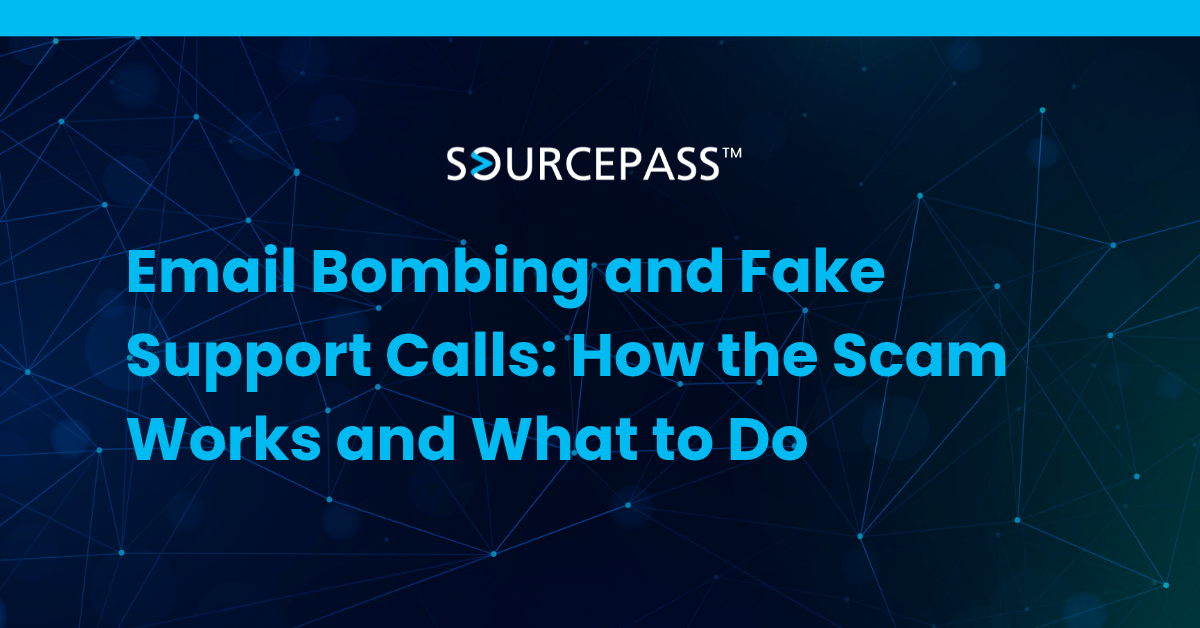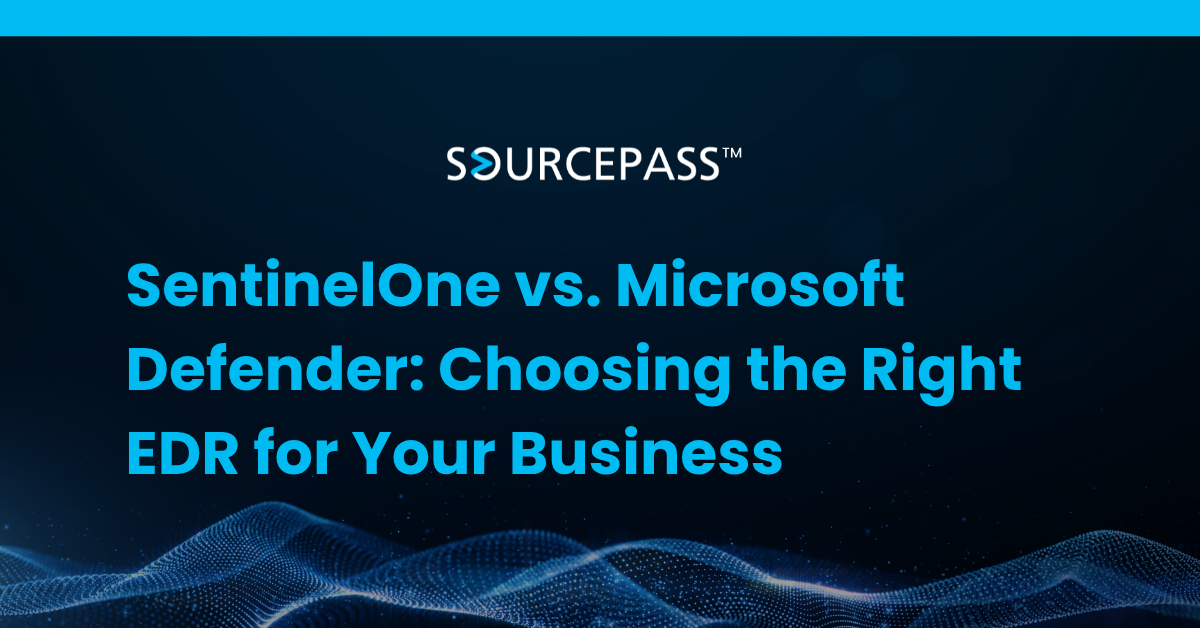What Is HITRUST? Why It Matters for Healthcare and Regulated Industries
Jul 14, 2025 Alex Davis Compliance Regulations 2 min read


.png)
As data privacy regulations become more complex and cyber threats more sophisticated, organizations in healthcare, finance, and other regulated sectors need a reliable framework to prove their systems are secure. That’s where HITRUST certification comes in.
Let’s break down what HITRUST is, why it matters, and how it helps businesses simplify compliance and strengthen cybersecurity practices—especially in industries handling sensitive personal or health data.
What Is HITRUST?
HITRUST (Health Information Trust Alliance) is a widely adopted certification framework that helps organizations manage risk and demonstrate compliance with a range of regulations, including:
- HIPAA (Health Insurance Portability and Accountability Act)
- NIST (National Institute of Standards and Technology)
- PCI DSS (Payment Card Industry Data Security Standard)
- GDPR (General Data Protection Regulation)
The foundation of HITRUST is the Common Security Framework (CSF)—a scalable, prescriptive set of controls that unifies multiple compliance standards into one.
HITRUST vs HIPAA: What's the Difference?
Many healthcare organizations are already familiar with HIPAA, which outlines baseline privacy and security requirements for protected health information (PHI). But HIPAA is non-prescriptive—it tells you what must be protected, but not exactly how.
That’s where HITRUST stands out.
|
HIPAA |
HITRUST |
|
Regulatory requirement |
Voluntary (but widely adopted) certification |
|
Non-prescriptive |
Highly prescriptive, with defined controls |
|
No official certification |
Offers formal certification (with audit) |
|
Only applies to PHI |
Can be used across industries |
In short: HITRUST helps organizations prove HIPAA compliance and go beyond it with stronger, more clearly defined security controls.
Who Needs HITRUST Certification?
HITRUST is most common in industries where data security and trust are critical. These include:
- Hospitals and health systems
- Health tech platforms and SaaS providers
- Insurance carriers and third-party administrators
- Financial services firms handling sensitive PII
- Pharmaceutical and life sciences companies
- Cloud service providers working with healthcare clients
Many covered entities now require their vendors to be HITRUST certified as part of their third-party risk management programs.
Benefits of HITRUST Certification
Achieving HITRUST certification is a serious investment—but it pays off by:
1. Streamlining Compliance Across Frameworks
Rather than managing multiple audits (HIPAA, SOC 2, ISO 27001, etc.), HITRUST combines them under one unified framework.
2. Demonstrating Security Maturity
Certification shows customers, partners, and regulators that your organization follows industry best practices for data protection.
3. Reducing Risk
The prescriptive nature of HITRUST helps organizations identify and remediate gaps in their cybersecurity posture before they become incidents.
4. Strengthening Third-Party Trust
If your clients are in regulated industries, HITRUST certification can serve as a competitive advantage—and even be a requirement for doing business.
What’s Involved in the HITRUST Certification Process?
The HITRUST process includes:
- Scoping – Determine which systems and data are in scope for certification.
- Readiness Assessment – Evaluate current policies, controls, and gaps.
- Remediation – Address any compliance or security issues found in the assessment.
- Validated Assessment – An authorized HITRUST assessor firm conducts a full audit.
- Certification Review – HITRUST Alliance reviews the report and issues certification if requirements are met.
Certification typically takes 6 to 12 months, depending on your environment’s complexity and maturity.
How to Get Started with HITRUST
If you’re considering HITRUST, here are some key steps:
- Perform a gap analysis to determine your current security posture.
- Engage a qualified assessor who understands HITRUST and your industry.
- Develop a remediation plan with clear priorities, timelines, and responsibilities.
- Adopt security automation tools to help enforce policies and track compliance.
Working with a trusted IT partner who has HITRUST experience can greatly reduce the burden and accelerate your timeline.
Conclusion: HITRUST Is More Than a Badge—It’s a Strategic Asset
Whether you’re a healthcare provider, tech vendor, or financial firm, HITRUST certification is becoming a must-have for proving security and compliance readiness. While the process is rigorous, it sends a clear message to customers and partners: you take data protection seriously.
For many growing organizations, pursuing HITRUST is no longer a “nice to have”—it’s a key differentiator in a competitive, regulated market.
Subscribe To
Sourcepass Insights
Sourcepass Insights
Stay in the loop and never miss out on the latest updates by subscribing to our newsletter today!


